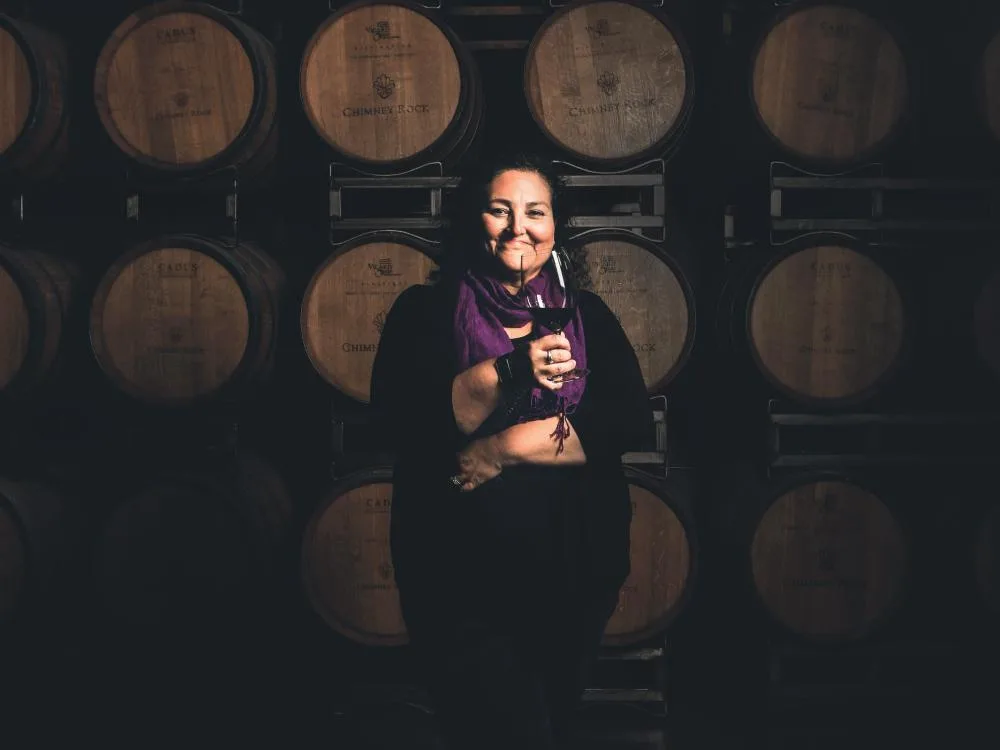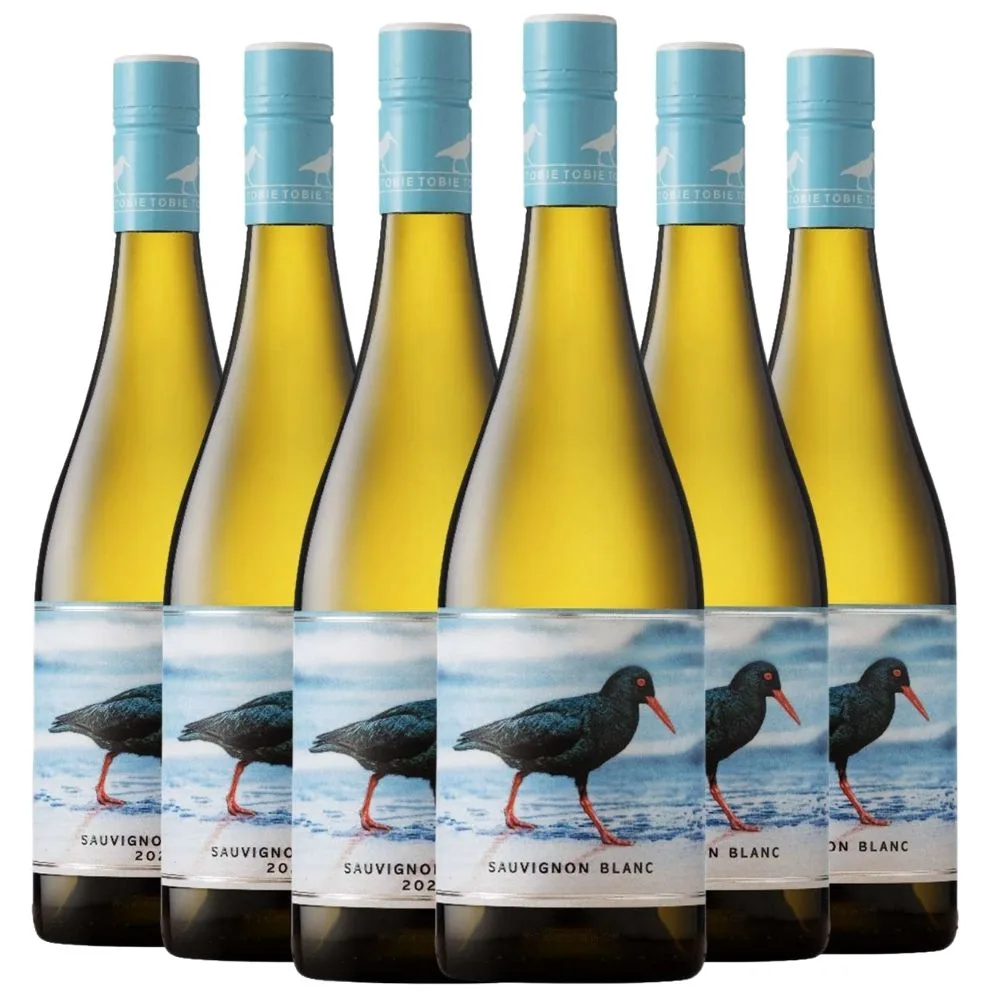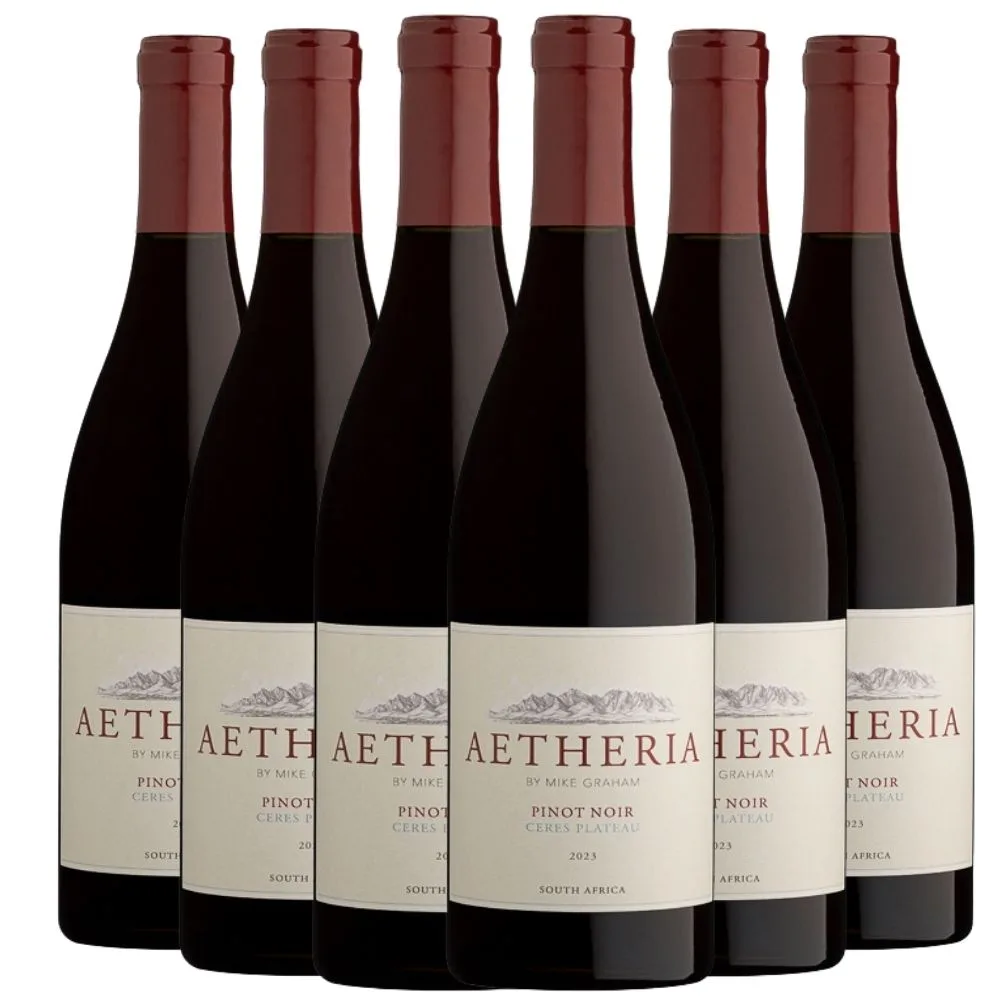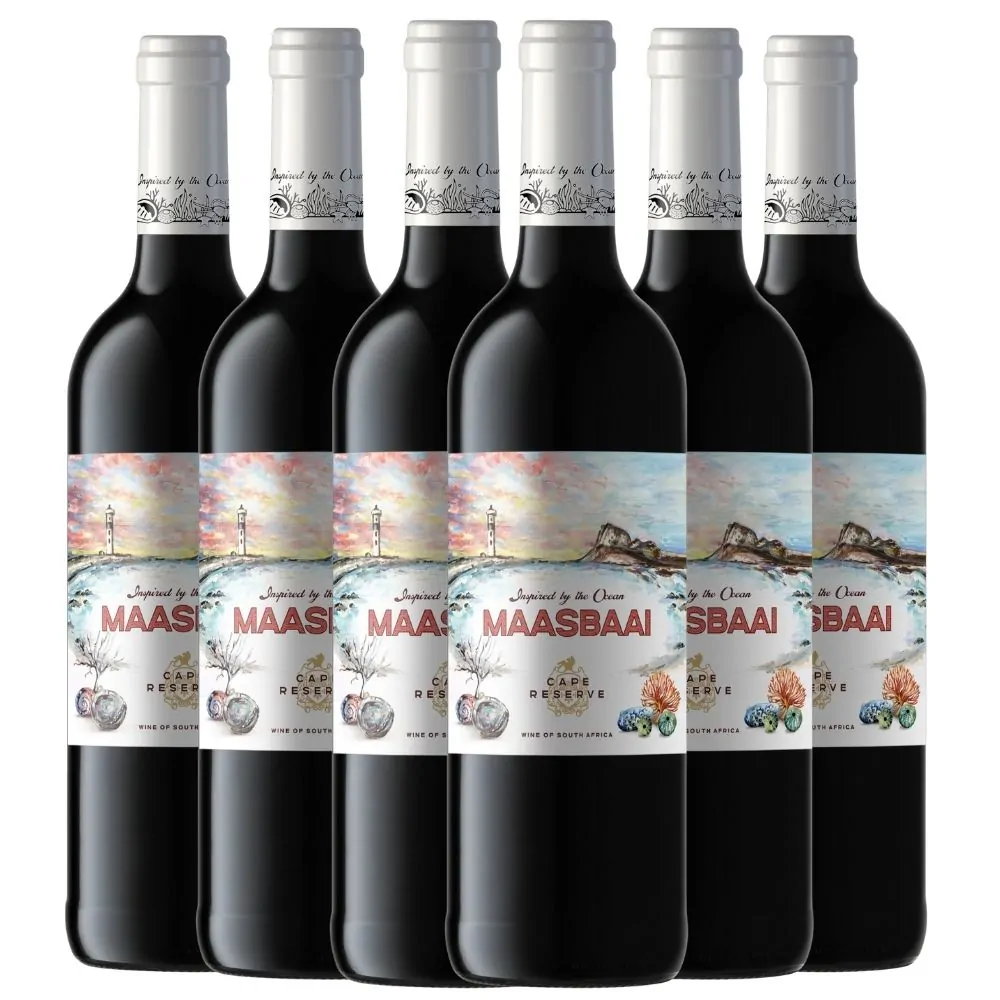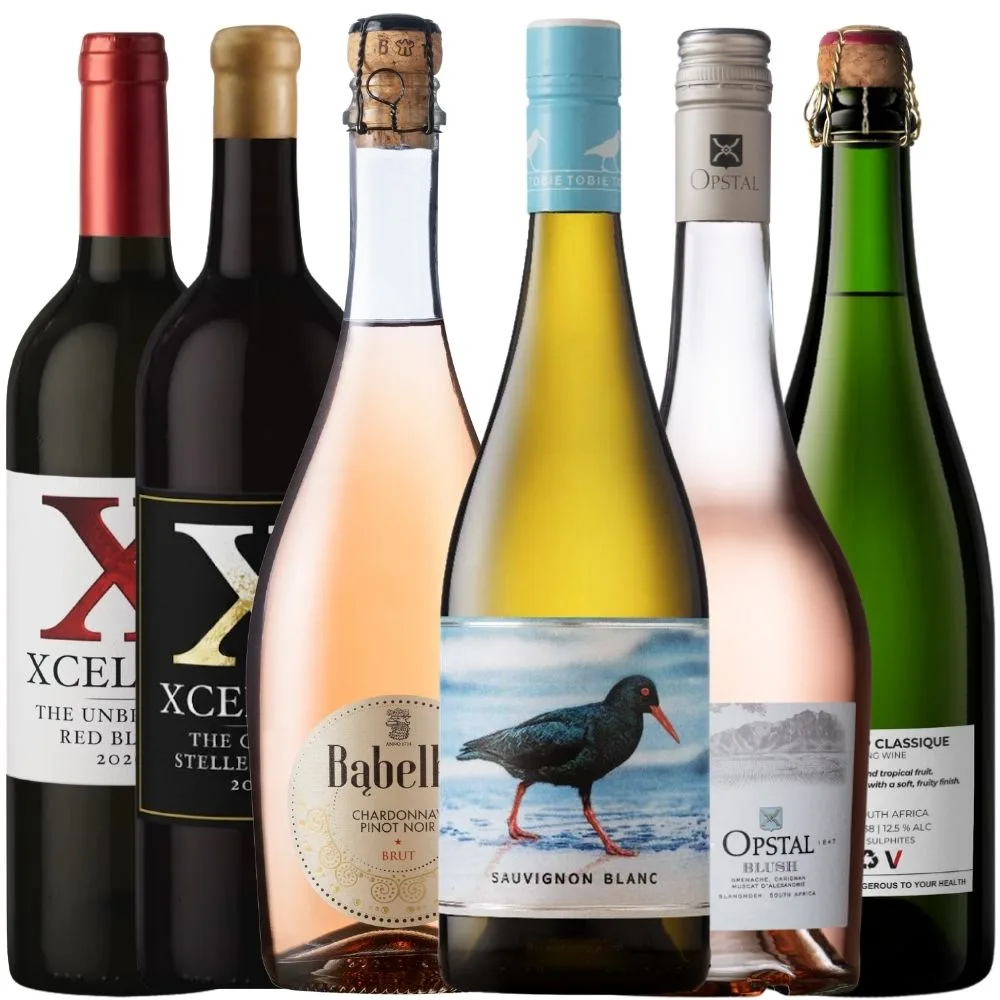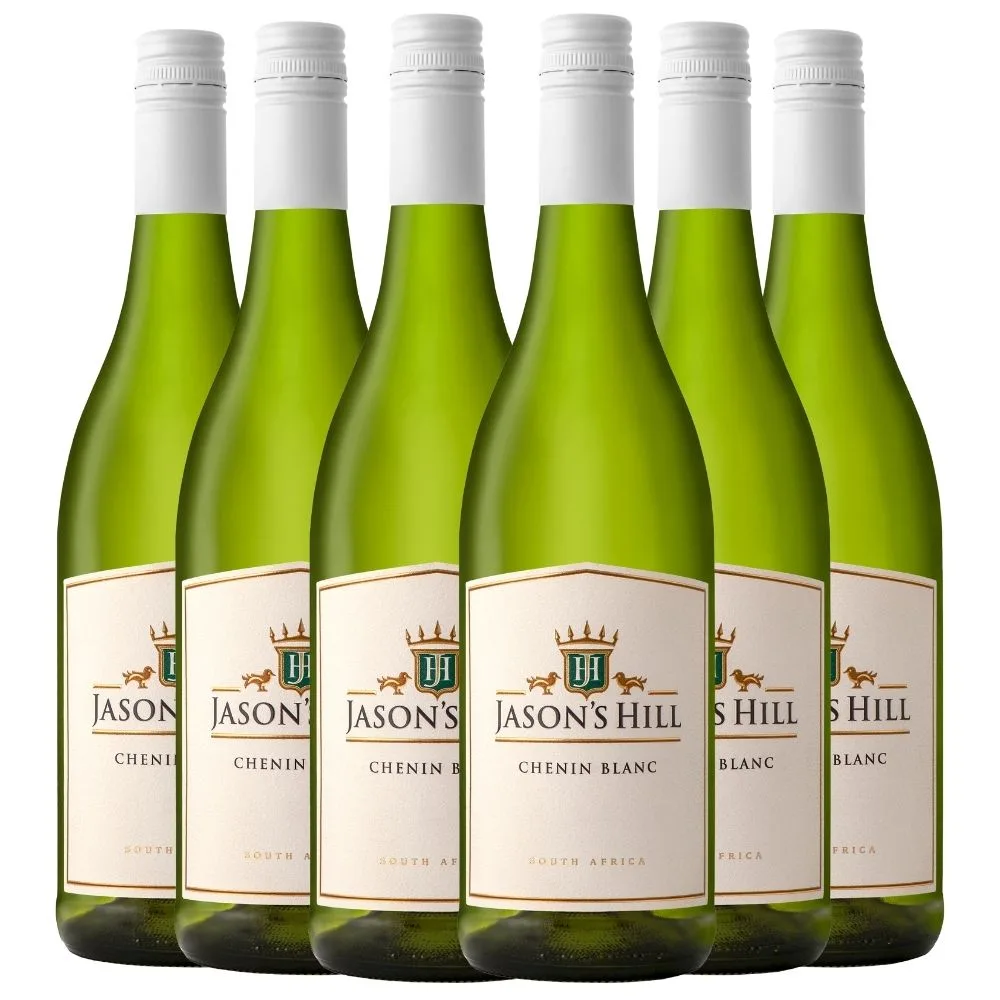South African wine is getting a serious shake-up as more women step onto the scene and take charge of everything from vineyards to cellar doors. You might expect that progress to be slow considering that women made up less than
20 percent of winemakers in the industry two decades ago, yet that’s far from the case today. The real surprise? Women are not just making up numbers; they are actually leading the way with innovation, sustainability, and a completely fresh style that is putting South African wine on the world stage.
Table of Contents
Quick Summary
| Takeaway |
Explanation |
| Women are reshaping the wine industry |
Women are emerging as leaders in winemaking, challenging historical gender roles in South Africa. |
| Focus on sustainability and innovation |
Women winemakers emphasise sustainable practices and innovative production techniques, enhancing wine quality and diversity. |
| Small-batch winemaking is key |
The small-batch approach allows women winemakers to focus on quality, creativity, and unique narratives in their wines. |
| Diverse flavour profiles reflect culture |
Women winemakers introduce unique flavours and stories through their wines, celebrating environmental and cultural diversity. |
| Spotlight on remarkable female winemakers |
Discover exceptional wines crafted by pioneering women, showcasing skill and personal connection to the land. |
The Role of Women in the South African Wine Industry
The South African wine industry has undergone a remarkable transformation, with women playing an increasingly pivotal role in reshaping its landscape and challenging traditional gender boundaries. What was once a male-dominated sector has gradually evolved into a space where women are not just participants but leaders and innovators.
Breaking Historical Barriers
Historically, women in South African wine were predominantly relegated to supporting roles. However, the post-apartheid era marked a significant shift. Women began emerging as winemakers, viticulturists, sommeliers, and business owners, challenging long-standing patriarchal structures.
Research from Women in Wine South Africa highlights the critical initiatives driving this transformation.
Key developments have included targeted programmes focused on:
- Professional training and mentorship
- Leadership development opportunities
- Breaking systemic barriers in wine production
Pioneering Contributions
Today, women are making substantial contributions across the wine value chain. From managing vineyards to leading wine marketing strategies, female professionals are bringing fresh perspectives and innovative approaches.
Discover more about the evolving South African wine scene to understand this dynamic transformation.
Notable areas of female influence include:

- Sustainable viticulture practices
- Advanced wine technology implementation
- Marketing and international wine representation
The narrative of women in South African wine is not just about gender representation but about excellence, passion, and transformative leadership that is fundamentally reshaping the industry’s future.
Why Women Winemakers Matter: Impact on Quality and Diversity
Women winemakers are not just changing the gender dynamics of the South African wine industry; they are fundamentally transforming its approach to winemaking, quality, and innovation. Their unique perspectives and skills are driving meaningful shifts in production techniques, sustainability, and creative expression.
Innovative Production Approaches
Research from the University of the Western Cape demonstrates that women winemakers bring distinctive methodologies to wine production. They tend to approach winemaking with a holistic mindset, emphasising nuanced flavour profiles, sustainable practices, and meticulous attention to detail that elevates overall wine quality.
Key characteristics of women winemakers include:
- Enhanced focus on terroir and environmental interactions
- More experimental approach to blending and wine styles
- Greater commitment to organic and sustainable viticulture
Diversifying Wine Landscapes
Beyond technical skills, women winemakers are expanding the narrative of South African wines. They are introducing more diverse wine styles, challenging traditional production norms, and creating wines that reflect complex cultural and environmental stories.
Explore our unique wine varieties to understand this evolving landscape.
Their contributions manifest through:
- Introducing alternative grape varieties
- Creating wines with more nuanced flavour complexity
- Challenging and redefining traditional wine industry standards
The impact of women winemakers extends far beyond gender representation. They are architects of a more inclusive, innovative, and environmentally conscious wine industry, bringing fresh perspectives that challenge and enrich South Africa’s rich winemaking heritage.
Here is a comparison table highlighting the distinctive features and impact of women winemakers versus traditional industry practices in South Africa.
| Aspect |
Traditional Winemaking (Historical) |
Women Winemakers (Current Trends) |
| Gender Representation |
Predominantly male-dominated |
Increasing female leadership |
| Approach to Terroir |
Technical, production-oriented |
Holistic, intuitive, eco-aware |
| Production Philosophy |
Large-scale, quantity focus |
Small-batch, precision focus |
| Sustainability |
Often less emphasised |
Strong commitment to sustainable practices |
| Wine Styles |
Standardised, traditional varieties |
Diverse, experimental blends |
| Narrative |
Limited cultural storytelling |
Wines reflect personal and cultural narratives |
| Innovation |
Slower to adapt new tech/methods |
Emphasis on innovation and new ideas |
Key Concepts in Small-Batch Winemaking by Women
Small-batch winemaking represents a philosophy of craft, creativity, and connection that goes far beyond traditional large-scale production. For women winemakers in South Africa, this approach becomes a powerful medium of artistic expression and environmental stewardship.
The Philosophy of Precision
Research from South African wine experts reveals that small-batch winemaking is fundamentally about quality over quantity. Women winemakers excel in this domain by bringing meticulous attention to detail, understanding that each grape, each barrel, and each decision profoundly impacts the final product.
Key principles of small-batch winemaking include:
- Hand-selection of grapes
- Minimal intervention techniques
- Personalised fermentation approaches
- Intimate understanding of individual vineyard microclimates
Crafting Unique Narratives
Each small-batch wine tells a distinct story. Women winemakers are transforming this concept into an art form, creating wines that reflect not just terroir, but personal vision and cultural heritage.
Learn more about boutique wineries and their unique approach to winemaking.
Distinctive elements of their small-batch methodology involve:
- Limited production volumes
- Experimental blending techniques
- Deep connection with local ecosystems
- Emphasis on sustainable and regenerative practices
Small-batch winemaking by women is more than a production method—it is a profound statement of creativity, environmental respect, and cultural storytelling through the sublime language of wine.
This table breaks down the core characteristics and practices distinctive to small-batch winemaking by women in South Africa, providing a clear overview for readers.
| Feature / Practice |
Description |
| Hand-selection of grapes |
Grapes are picked individually to ensure only the best quality fruit is used. |
| Minimal intervention techniques |
Natural fermentation and limited additives preserve the authentic profile of each vintage. |
| Personalised fermentation approaches |
Methods tailored to the specific batch, grape, or vineyard for enhanced precision. |
| Limited production volumes |
Small quantities allow greater focus on uniqueness and detail. |
| Experimental blending |
Creative combinations and blending for innovative wine styles. |
| Connection to local ecosystems |
Emphasis on biodiversity and sustainable, regenerative practices. |
| Microclimate awareness |
Close study of vineyard zones leads to more expressive wines. |

How Women in Wine Cultivate Unique Flavours and Traditions
Women winemakers in South Africa are not just producing wine; they are crafting liquid narratives that capture the essence of their cultural heritage, environmental understanding, and innovative spirit. Their approach transcends traditional winemaking, transforming each bottle into a profound expression of place, history, and personal vision.
Terroir Through a Feminine Lens
Research from the Wines of South Africa organisation reveals that women winemakers bring a distinctive perspective to understanding terroir. They approach vineyard management with an intuitive, holistic understanding that goes beyond technical measurements, interpreting the landscape as a complex, living ecosystem.
Key aspects of their unique terroir interpretation include:
- Intimate knowledge of soil microbiomes
- Respect for indigenous plant interactions
- Preservation of natural biodiversity
- Nuanced understanding of microclimatic variations
Flavour Storytelling
Each wine becomes a narrative, with women winemakers acting as storytellers who translate cultural memories and environmental experiences into sensory experiences.
Discover special occasion wines that embody these rich, personal expressions.
Their flavour cultivation strategies involve:
- Exploring indigenous grape varieties
- Experimenting with traditional fermentation techniques
- Incorporating local botanical influences
- Balancing modern techniques with ancestral knowledge
Through their wines, women winemakers are not just challenging industry norms; they are rewriting the very language of South African wine, creating flavours that speak of resilience, creativity, and profound connection to the land.
Discovering Hidden Gems: Women-Produced Wines to Try
Beyond the mainstream wine landscape, women winemakers are crafting extraordinary wines that challenge perceptions and redefine South African viticulture. These hidden gems represent not just exceptional bottles, but powerful narratives of innovation, skill, and cultural expression.
Pioneering Palates
Research from the Wines of South Africa organisation highlights exceptional women who are transforming the wine industry through remarkable productions. These winemakers are creating wines that speak volumes about their personal journeys and deep connection to the land.
Outstanding women winemakers to explore include:
- Ntsiki Biyela of Aslina Wines
- Nadia Barnard of Waterkloof
- Rosa Kruger, renowned vineyard specialist
- Carolyn Martin of C-Air Wines
Flavour Profiles and Characteristics
Women-produced wines often showcase distinctive characteristics that set them apart from traditional productions.
Explore our guide to boutique wineries to discover these exceptional wines and their unique stories.
Key flavour characteristics to anticipate:
- Complex, nuanced taste profiles
- Elegant and balanced structure
- Innovative blending techniques
- Strong emphasis on sustainable production
These wines are more than beverages; they are liquid testimonies to the creativity, resilience, and extraordinary talent of women transforming South Africa’s wine landscape.
Bring Home the Stories and Flavours of South African Women in Wine
If this article sparked your curiosity about the passion and innovation women bring to the South African wine scene, you are not alone. Many wine lovers crave unique flavours and genuine stories, yet struggle to find bottles that reflect true individuality and craftsmanship—especially from women challenging tradition with small-batch, bold creations. At Vinty, we believe wine should feel personal and full of meaning.
Ready to discover a new favourite and support the women redefining South African wine? Start browsing our
curated selection of small-batch discoveries. Take the next step—bring these powerful stories and flavours to your next glass.
Frequently Asked Questions
What roles do women play in the South African wine industry?
Women in South Africa’s wine industry serve as winemakers, owners, viticulturists, and sommeliers, actively challenging traditional gender norms and leading in various capacities.
How do women winemakers approach sustainability in their production methods?
Women winemakers emphasise sustainable viticulture practices, often focusing on organic methods, minimal intervention, and an intimate understanding of their vineyard environments to enhance quality and sustainability.
What are some characteristics of small-batch winemaking practised by women?
Small-batch winemaking by women is characterised by hand-selection of grapes, personalised fermentation techniques, and meticulous attention to detail, resulting in unique, high-quality wines that reflect individual visions.
How do women in wine contribute to flavour diversity in South African wines?
Women winemakers are expanding flavour diversity by introducing alternative grape varieties, experimenting with blending techniques, and creating wines that reflect complex cultural stories and environmental themes.
Recommended





